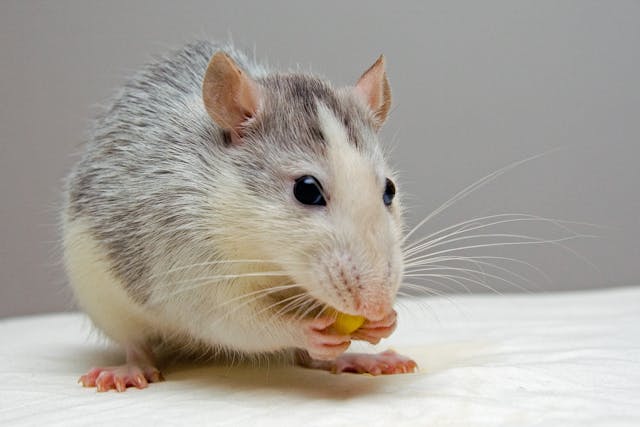Rodent infestations pose significant health risks to individuals and communities worldwide. From spreading diseases to causing property damage, these pesky pests can wreak havoc if not properly managed. In this comprehensive guide, we’ll delve into the critical aspects of rodent control from a medical perspective, providing valuable insights and expert recommendations to help you achieve effective rodent control in your home or workplace.
Understanding the Health Risks of Rodent Infestations
Rodents, such as mice and rats, are notorious carriers of various pathogens that can cause serious illnesses in humans. One of the primary health risks associated with rodent infestations is the transmission of diseases through their droppings, urine, and saliva. These diseases include leptospirosis, hantavirus, salmonellosis, and rat-bite fever, among others.
Leptospirosis, for example, is a bacterial infection that can be contracted through direct contact with rodent urine or contaminated water or soil. Symptoms of leptospirosis range from mild flu-like symptoms to severe complications affecting the kidneys, liver, and other organs.
Hantavirus is another dangerous disease transmitted by rodents, particularly deer mice and cotton rats. Inhalation of aerosolized virus particles from rodent droppings and urine can lead to hantavirus pulmonary syndrome, a severe respiratory illness with a high mortality rate if left untreated.
Implementing Effective Rodent Control Measures
Achieving effective rodent control requires a multifaceted approach that addresses both the immediate infestation and underlying factors contributing to rodent presence. Here are some key strategies recommended by medical experts:
Identifying Potential Health Hazards: Conduct a thorough inspection of your property to identify potential entry points, nesting sites, and areas with signs of rodent activity. Look for droppings, gnaw marks, grease trails, and nesting materials, which are telltale signs of a rodent infestation.
Sealing Entry Points: Prevent rodents from gaining access to your home or workplace by sealing gaps, cracks, and holes in walls, floors, and foundations. Use materials such as steel wool, wire mesh, and caulk to seal entry points effectively and deter rodents from entering.
Eliminating Food Sources: Rodents are attracted to food and water sources, so it’s essential to eliminate these attractants to discourage infestations. Store food items in airtight containers, clean up spills and crumbs promptly, and maintain proper sanitation practices in kitchens, pantries, and dining areas.
Using Traps and Baits: Traps and baits are effective tools for capturing and killing rodents when used correctly. Choose traps and baits suitable for the type of rodent species present and place them in areas of high rodent activity. Check traps regularly and dispose of captured rodents promptly to prevent odor and contamination.
Working with Professional Pest Control Services: In severe infestations or cases where DIY methods are ineffective, seeking assistance from professional pest control services is advisable. Experienced exterminators can conduct a thorough assessment of the infestation, implement targeted control measures, and provide ongoing monitoring and prevention services to ensure long-term rodent control.
Protecting Yourself During Rodent Control Activities
When implementing rodent control measures, it’s essential to prioritize safety to minimize the risk of exposure to rodent-borne diseases. Here are some precautions recommended by medical experts:
Wear Protective Gear: When handling rodent droppings, traps, or baits, wear appropriate personal protective equipment, including gloves, goggles, and a face mask, to prevent direct contact with contaminants.
Practice Proper Hygiene: After handling rodents or rodent control materials, wash your hands thoroughly with soap and water. Avoid touching your face, mouth, or eyes before washing your hands to prevent the transmission of pathogens.
Disinfect Contaminated Areas: Clean and disinfect areas contaminated by rodent droppings or urine using a household disinfectant. Pay special attention to surfaces, utensils, and food storage areas to remove any traces of contamination.
Conclusion
Effective rodent control is essential for protecting your health and well-being from the dangers associated with rodent infestations. By understanding the health risks posed by rodents and implementing proactive control measures recommended by medical experts, you can achieve a rodent-free environment and safeguard yourself and your loved ones from potential illnesses. Remember to prioritize safety during rodent control activities and seek professional assistance when needed to ensure comprehensive rodent control efforts. With diligence and proper precautions, you can achieve effective rodent control and enjoy peace of mind in your home or workplace.




